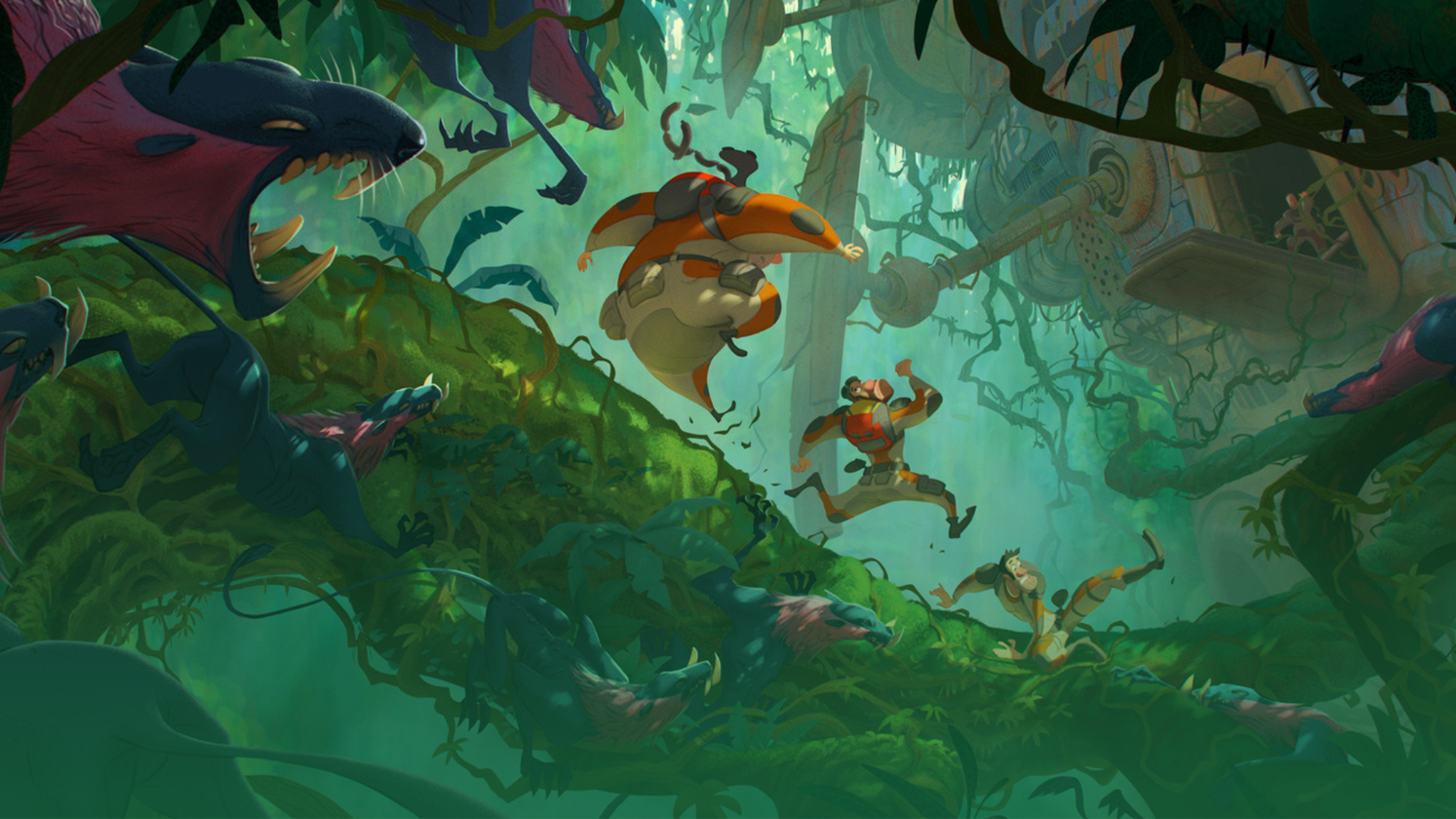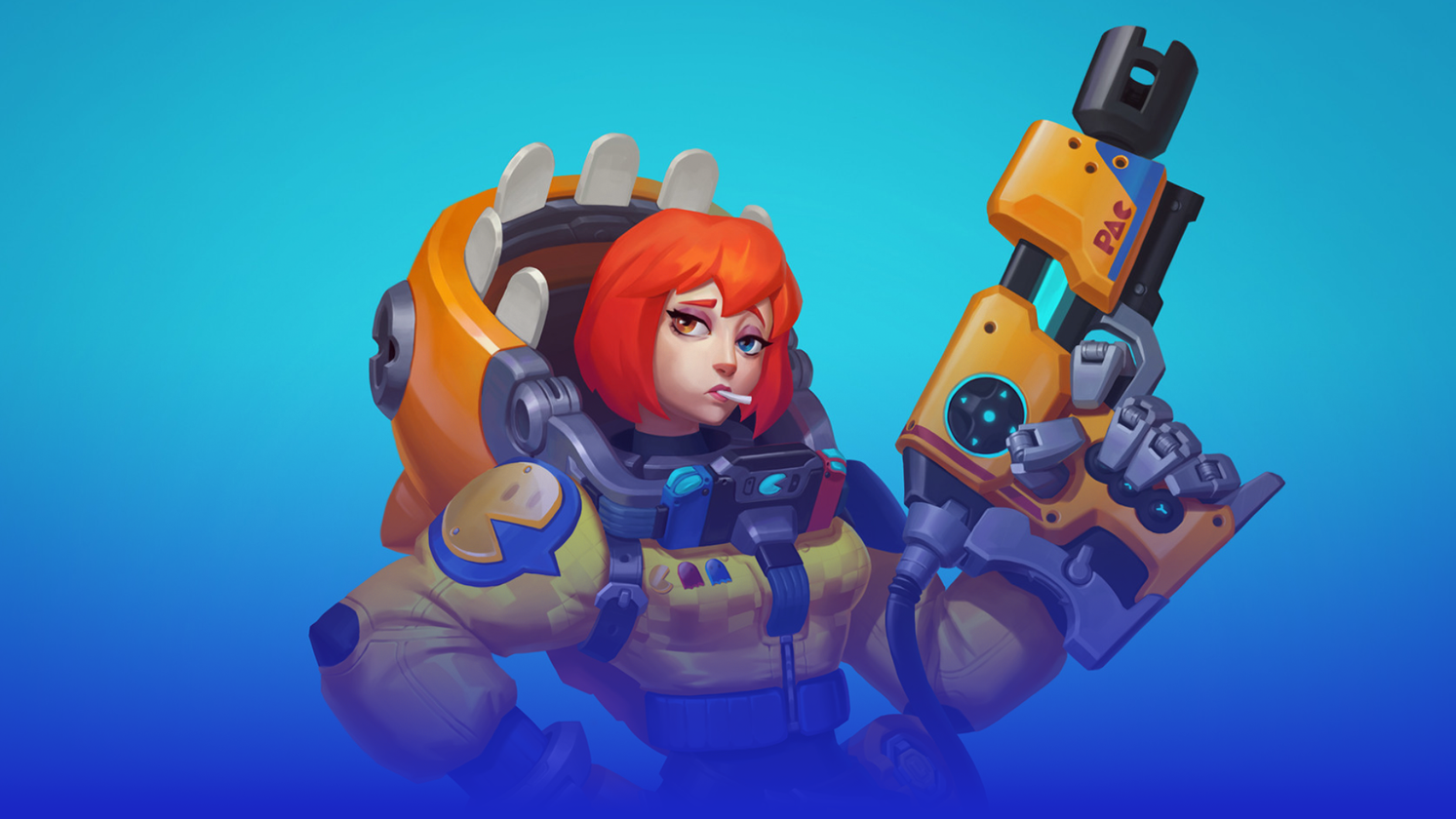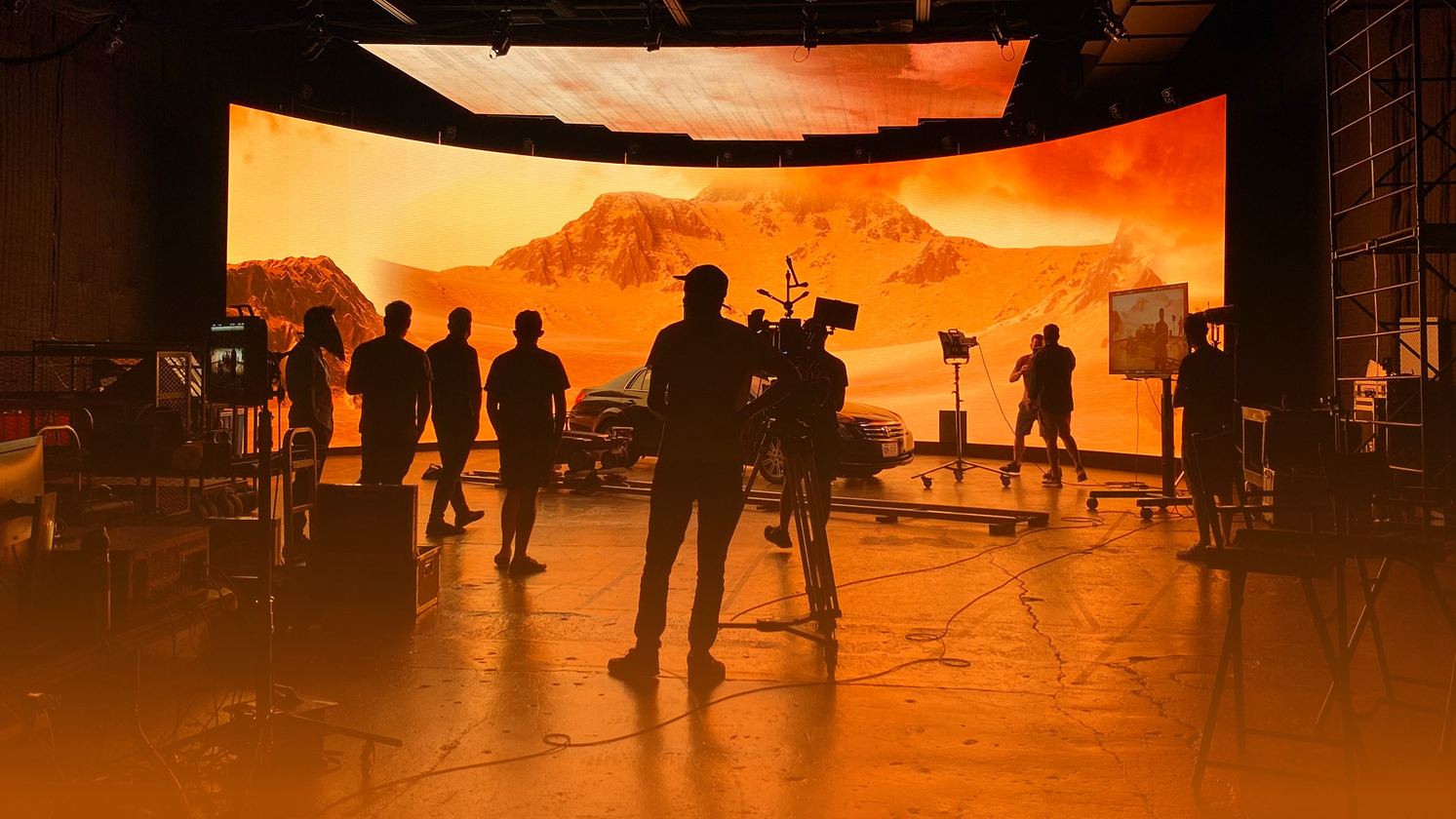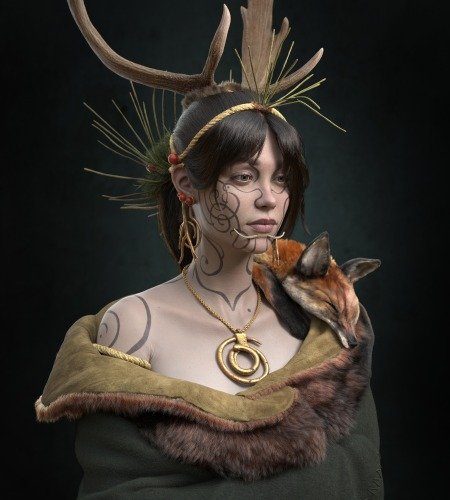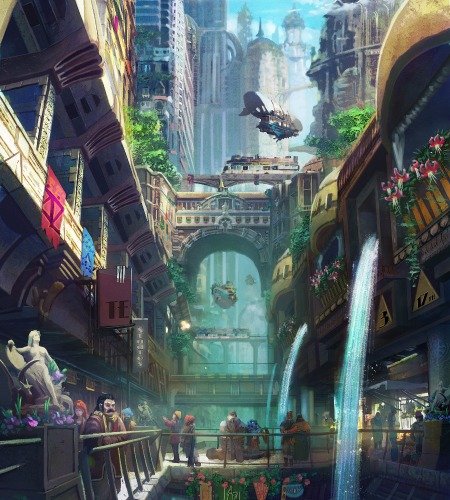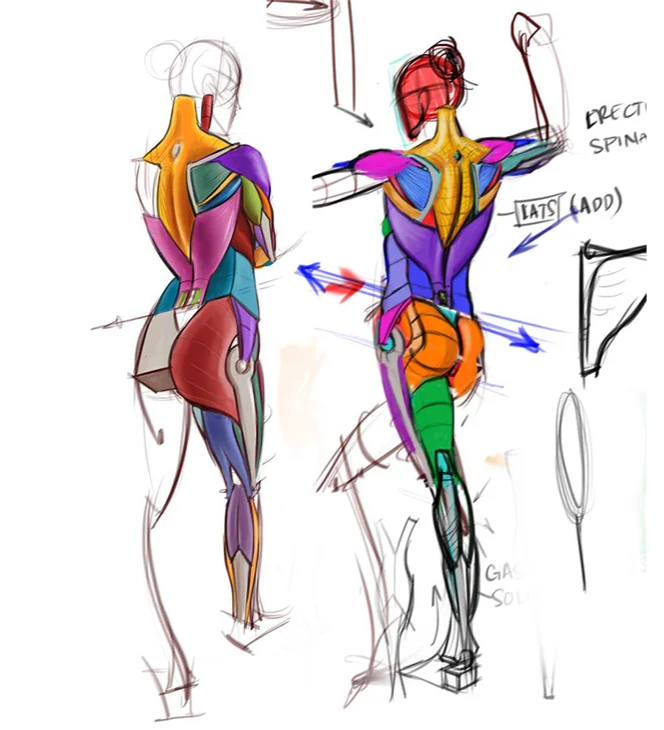3 Reasons You Should Rethink a College Degree as an Artist
As companies move away from a traditional college requirement for job applicants, it's time to rethink what your education could be. Not just to save money, but to hone specific skills and leverage practical experience.

To many people, it's a no brainer: professional success requires a traditional college degree. However, for an increasing amount of professions, a four-year degree is neither necessary nor practical.
A 2016 survey reported that one-third of Americans without a four-year degree didn't apply for a job they felt they were qualified for because the job required a bachelor’s (Pew Research Center, 2016). This degree gateway has become a barrier that ultimately hurts individuals and companies. Not to mention, the entire economy.
Here are three reasons to reimagine what your education could look like, and drop the college degree.
1. A Smarter Price Tag
A four-year degree is a huge financial commitment. And the price is only going up. Over the past 20 years, the net price of college tuition has more than doubled (Forbes, 2020).

The solution for students who can't afford tuition is to take out student loans. The current student loan debt in the United States is $1.8 trillion and climbs every second (collegedebt.com). And rather than boost your success, this loan can follow up around for decades. The average person pays off their student loans after 20 years (Educationdata.org, 2021).
Thankfully, there are alternatives. Google and Apple are trading in 4-year degree requirements for work experience, and other companies are following their lead. Rather than punishing you for choosing to work, this takes advantage of your experiential learning. You just need to learn how to leverage that experience through networking and interview skills.

There are also certification programs. For example, Google recently announced that it is expanding its skills certification program to help more people land high-paying jobs without a college degree. This program takes about three to six months to complete and is $49 per month. So, not free. But not 20 years worth of debt. Online courses, trade schools, mentorships are all viable ways to gain skill-specific education.
Learn more about applying to art jobs in Getting Started in the Game Industry: Interviews, Portfolios, and More
2. Employers No Longer Prioritize Degrees
Businesses across industries are dropping the requirement of a college degree for job applicants. In 2018, Apple CEO Tim Cook said that about half of Apple's US employment last year was made up of people who lacked the traditional 4-year college degree. Cook said this was because Apple thrived from skill sets that weren't guaranteed in college, like coding.
Art studios face a similar realization. A college experience provides undeniable benefits like formal education, normalization of deadlines, and opportunities for teamwork and networking. However, these are not good enough reasons to make it a requirement for jobs, because there are other ways to gain this experience and not everyone can afford the traditional path. Over the past years, the art industry has realized that by creating a degree barrier to entry, they're hurting talented artists and themselves.
Just take a look below at what companies like Netflix, Blizzard Entertainment, Inc, and Disney require from their job applicants. These 'musts' highlight experience, skills, and even passion for the job at hand. While Disney writes college degree 'preferred,' this is still a huge difference from 'required.' Even the language of "Bachelor's degree or equivalent experience" recognizes that there are plenty of ways to earn quality experience outside of college. Netflix goes one step further and acknowledges that a portfolio is a measurement of experience and skill in itself.

3. The Power of the Portfolio
As Netflix's job requirements just demonstrated, companies are starting to realize that college degrees don't guarantee success. Tesla and SpaceX CEO Elon Musk said that Tesla's hiring process requires "evidence of exceptional ability," but he doesn't consider traditional education evidence of exceptional ability (Business Insider, 2020). This is especially true for artists, whose ability often relies on building specific skills and talents over traditional schooling.

A 2014 study found that 39.9% of working artists do not have a bachelor's degree in any field (Berlastsky, 2014). That's because the art industry values skill sets, talent, and quality of work. If your portfolio demonstrates exactly what your employers are looking for, what does it matter where your techniques came from? As Comic artist Jason Brubaker said, "You've got to have art that shows them if they hire you, they don't have to teach you anything. You need to show [employers] you'll be able to deliver on the things they need..."
But as most artists (at least 60.1%) will tell you, it doesn't matter where that education comes from. Jason learned how to use Photoshop and AfterEffects from a friend, and got his first job in animation because of an animated video he created in his free time. Without a college degree, Jason worked as an animator and vis dev artist on Disney's Kung Fu Panda movies and now creates his own graphic novels.
In a gamesindsutry.biz article, professional artists with the gaming industry generally agreed that a college degree is not necessary for an art career. Instead, they cited portfolio work as the most important part of landing a job, followed by networking skills and ability to work on a budget (Dealessandri, 2020).
How CGMA Fits In
Art is expressive, subjective, and individualistic. The idea that there is one format, one school, one degree that makes an artist worthwhile is counterintuitive to art itself.
Yet, somewhat ironically, 11 of the 15 most expensive schools in the nation are art schools (WSJ, 2018).

CGMA faculty and staff, comprised of industry veterans, value skills and portfolio work far more than a 4-year degree. An internal survey found that 92% of instructor respondents and 90% of student respondents believe you DO NOT need an Arts degree to pursue a career in art.
Read instructor and student testimonies from this survey at Do you need an Arts degree to work as a professional artist?
This is the foundation of CGMA's format. You can customize your experience to get the skills you need. While you might commit to a track and take 20 courses under one topic, other students will jump from course to course randomly. Others retake the same course multiple times. There is no one way to grow.
CGMA tuition is designed to return your investment as soon as possible. Cohen Brawley started taking CGMA courses when he was 17 years old. By replacing a typical college experience with three courses, Cohen gained the skills he needed to impress Ryzin Art. Cohen took a contractor position with the small and mighty studio, whose clients include Activision, Avalanche Studios, Riot Games, and more. Compared to the average college student who needs 20 years to pay off their degree investment, Cohen paid off his CGMA investment within a month of employment. In the last two years, Cohen has earned back his investment 27x over.
The fact is, college degrees no longer guarantee success, passion, drive, and talent. That is something you provide. CGMA was built on this fact, and more studios and companies recognize it every day. We look forward to the day it is an industry-norm.

RELATED LINKS
Learn more about leveraging work experience in Getting Started in the Game Industry: Interviews, Portfolios, and More
Read instructor and student testimonies from this survey at Do you need an Arts degree to work as a professional artist?
LEARN MORE
CGMA provides comprehensive instruction for Art, Games, and VFX industries in a variety of courses for a range of students, from 2D and 3D artists looking to supplement their college studies to industry professionals looking to stay up to date on emerging trends and techniques in the field.


